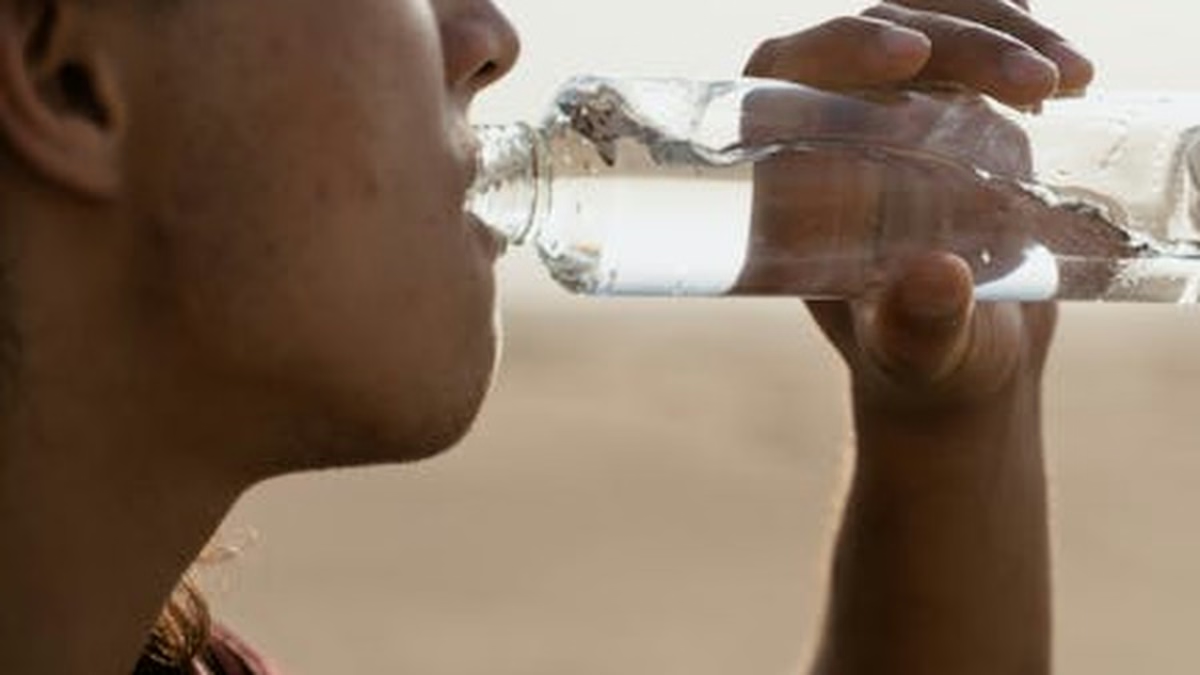Life moves fast. We’re juggling work, family, social commitments, and everything in between. In the rush, it’s easy to overlook the subtle signals our bodies send us. But what if your body is trying to tell you something crucial, something as simple yet vital as: “I need water!”? Ignoring these whispers can lead to more than just feeling a little sluggish; it can impact your overall health and well-being. Are you truly listening?
The Silent Thirst: Understanding Dehydration
Dehydration occurs when your body loses more fluids than it takes in. Water is essential for virtually every bodily function, from regulating temperature to transporting nutrients and flushing out waste. When you’re dehydrated, these processes are compromised, leading to a cascade of negative effects. Many people think they only need water when they feel thirsty, but by that point, you’re already mildly dehydrated. Proactive hydration is key!
7 Sneaky Signs of Dehydration You Might Be Ignoring
Here are seven common signs that your body might be craving more H2O:
1. Persistent Headaches
A throbbing headache can often be traced back to dehydration. When your body lacks sufficient fluids, blood volume can decrease, leading to reduced oxygen flow to the brain. This can trigger a headache, making it difficult to concentrate and function effectively. Next time a headache strikes, reach for a glass of water before popping a pill. It might be all you need.
Also Read: 10 Common Body Myths You Still Believe — Busted by Science!
2. Unexplained Fatigue and Sluggishness
Feeling constantly tired, even after a full night’s sleep? Dehydration can significantly impact energy levels. Water plays a crucial role in energy production, and when you’re dehydrated, this process slows down, leaving you feeling drained and lethargic. Staying adequately hydrated helps maintain optimal energy levels throughout the day.
3. Dry Skin and Lips
While dry skin can be caused by various factors, dehydration is a common culprit. Water helps keep your skin hydrated and supple. When you’re dehydrated, your skin can become dry, flaky, and itchy. Similarly, dry lips are a classic sign that your body needs more fluids. Moisturizing lotions can help, but addressing the underlying hydration issue is essential. Think of water as your internal moisturizer.
4. Dark Urine
The color of your urine is a simple yet effective indicator of your hydration status. Pale yellow or clear urine indicates good hydration, while dark yellow or amber-colored urine suggests dehydration. The darker the color, the more concentrated your urine is, and the more likely you are to be dehydrated. Aim for a light yellow color.
5. Constipation and Digestive Issues
Water is essential for proper digestion. It helps soften stool and facilitates the movement of food through the digestive tract. Dehydration can lead to constipation and other digestive issues. Ensuring adequate water intake can help promote regular bowel movements and maintain a healthy digestive system. Listen to your gut – it needs water too!
6. Muscle Cramps
Muscle cramps, especially during or after exercise, can be a sign of dehydration. Water helps regulate electrolyte balance, which is crucial for muscle function. Dehydration can disrupt this balance, leading to muscle spasms and cramps. Stay hydrated, especially during physical activity, to prevent muscle cramps.
7. Reduced Cognitive Function
Dehydration can affect your cognitive abilities, including memory, concentration, and decision-making. Even mild dehydration can impair cognitive performance. Staying hydrated is essential for maintaining optimal brain function and mental clarity. Keep your mind sharp – stay hydrated!
Tips for Staying Hydrated Throughout the Day
- Carry a reusable water bottle with you and refill it throughout the day.
- Set reminders on your phone to drink water regularly.
- Eat water-rich foods like fruits and vegetables (watermelon, cucumbers, spinach).
- Drink water before, during, and after exercise.
- Limit sugary drinks and caffeine, which can dehydrate you.
Listening to Your Body’s Whispers
Recognizing the signs of dehydration is the first step towards staying adequately hydrated. By paying attention to your body’s signals and incorporating healthy hydration habits into your daily routine, you can improve your overall health and well-being. Don’t wait until you feel thirsty to drink water. Make hydration a conscious and consistent effort. Remember, even small changes can make a big difference.
Your body is an incredible machine, constantly working to keep you healthy and functioning optimally. By providing it with the essential fuel of water, you’re not just quenching your thirst; you’re investing in your long-term health and happiness. So, take a moment, reach for that glass of water, and listen to the quiet wisdom of your body. It’s telling you something important. Embrace the power of hydration and thrive!





